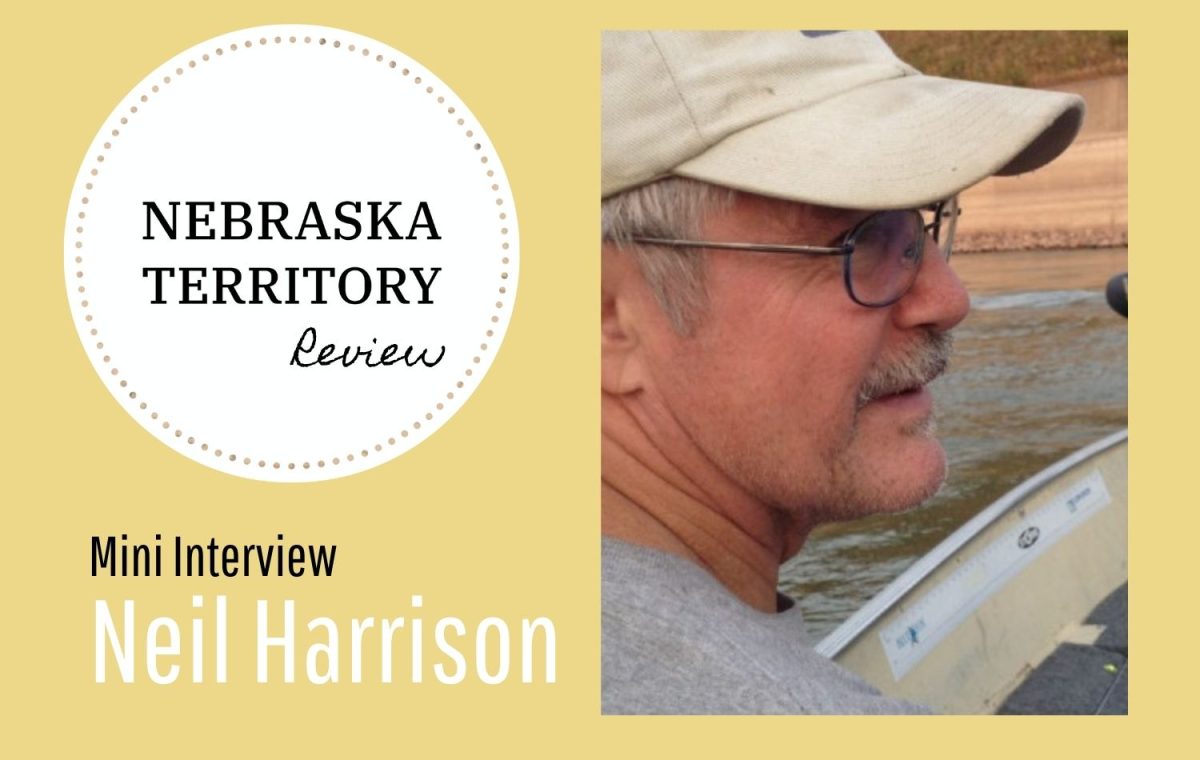How did you get your start in creative writing?
I started classes in creative writing and photography at Northeast Community College back in 1980, after deciding that sorting mail all night, six nights a week, was a pretty fair recipe for going postal.
What are some of the challenges you have faced in the creative process?
I’ve experienced the same challenges to the creative process common to other writers— time and financial constraints.
How did your book Where the Waters Take You come about?
Where the Waters Take You came about the same as my earlier collections, piling up poems for about five years and seeing what might fit together.
What is the importance of nature and its relation to poetry?
Since human beings are products of Nature, and the natural world is our physical home, I believe its relation to our lives and our creative endeavors is both primary and inescapable.
When writing poetry about taking a journey, what is the most important part, the beginning or the end? How does that relate to reality?
Unless one is asleep while taking a journey, I can’t imagine a “most important part.” The excitement of beginning would seem an ongoing development as the journey progressed, and the end would culminate with the various memories attained en route.
What does writing poetry mean to you? What do you hope readers get from reading your poetry?
Since I believe poetry is an attempt to share experience, I would hope that readers might relate well enough to a poem to feel its significance to the poet.
What do you enjoy doing when not writing? Do these activities all help to serve as inspiration for future poems?
I enjoy being outdoors during the various seasons, fishing, hunting, camping, just walking the river, and the experiences that result certainly offer inspiration for future poems.
What advice would you give aspiring writers?
My advice for aspiring writers would be to read widely, learn the most basic rules of grammar, and, whether you write stories, essays, or poems, read your work aloud to hear how it sounds. All language begins with sound. As infants, we learn how words work by hearing them, and I believe that’s why kids love being told stories while they often hate having to read assignments.
Neil Harrison‘s poetry publications include Story (a chapbook from Logan House Press, 1995 & 1996), In a River of Wind (Bridge Burner’s Publishing, 2000), Into the River Canyon at Dusk (Lone Willow Press, 2005), and Back in the Animal Kingdom (Pinyon Publishing, 2011). His fiction has appeared most recently in Paddlefish, Platte Valley Review, and Pinyon Review. He is a former instructor of English and Creative Writing at Wayne State College in Wayne, Nebraska, and at Northeast Community College in Norfolk, Nebraska, where he also coordinated the Visiting Writers Series. He now resides in Norfolk, makes diamond-willow walking sticks, wine from various wild fruits, and excursions to the local fields and streams with his third Deutsche Drahthaar, the Happy Dog.



